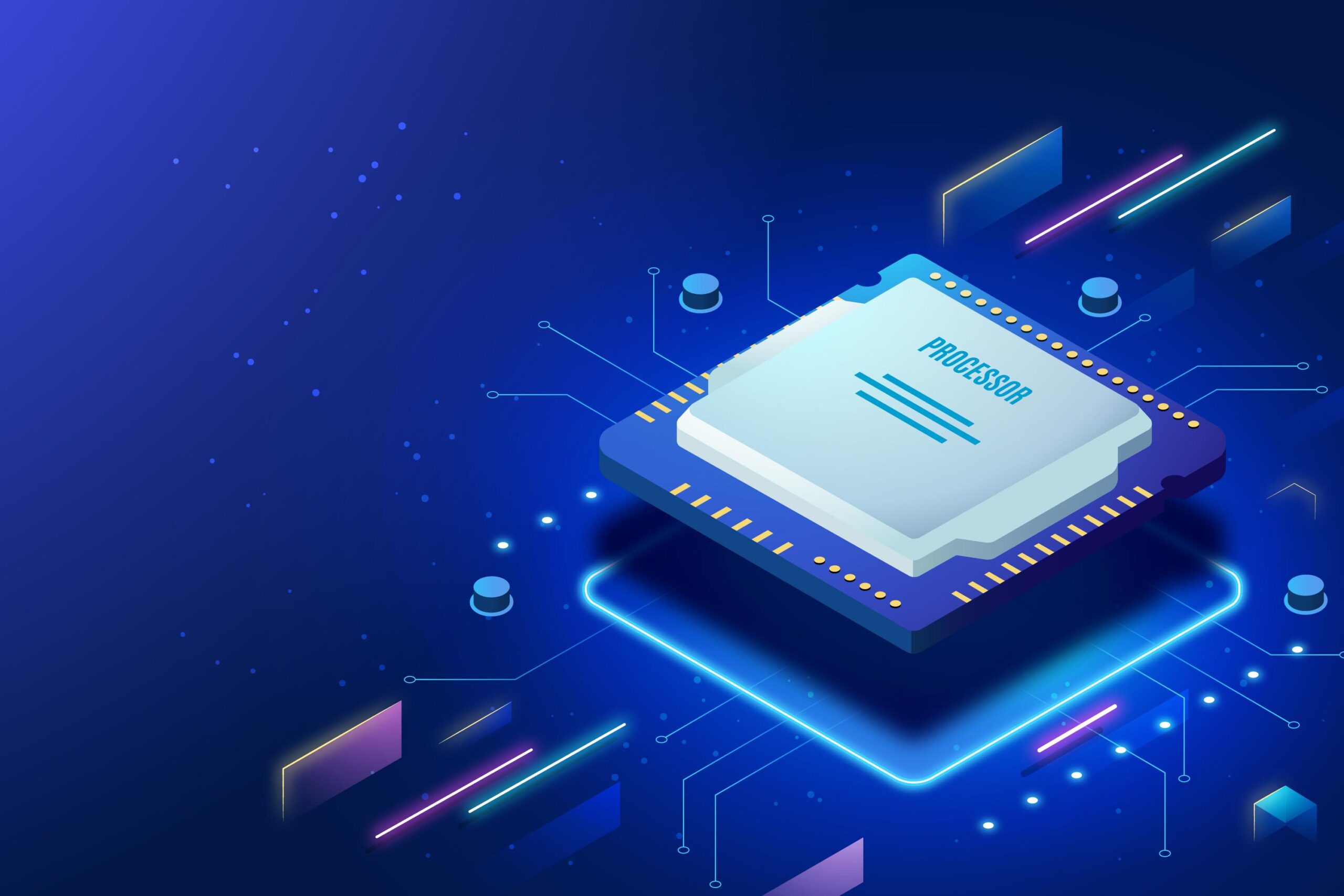
A protracted legal conflict between Arm Holdings and Qualcomm, two behemoths in the tech industry, is casting a shadow over the future of a new generation of artificial intelligence-driven personal computers. The lawsuit, initiated by Arm Holdings in 2022, questions the validity of licensing agreements post-merger activities by Qualcomm and has potential ramifications that could disrupt the burgeoning AI PC market.
The Computex trade show in Taipei, a major event in the tech calendar, recently featured a significant announcement. Qualcomm CEO Cristiano Amon, alongside executives from Microsoft, Asus, Acer, and other key players, unveiled a new wave of AI-powered PCs. These machines, expected to revolutionize personal computing with enhanced artificial intelligence capabilities, represent a significant leap forward for the industry.
However, despite the excitement surrounding these new products, discussions at the conference were dominated by concerns over the ongoing legal tussle between Arm Holdings and Qualcomm. This dispute centers on the chip technology that powers these innovative laptops, with the potential to halt shipments and impact the financial forecasts of companies like Microsoft.
Arm Holdings, which is majority-owned by Japan’s SoftBank Group, initiated the lawsuit following Qualcomm’s acquisition of Nuvia—a startup founded by former Apple chip engineers—in 2021 for $1.4 billion. The crux of the dispute lies in the use of Nuvia’s technology, which Qualcomm repurposed for its latest AI PC processors, specifically for Microsoft’s Copilot+ laptops.
Arm claims that the designs used by Qualcomm are directly derived from technology originally licensed to Nuvia for different purposes, specifically server chips. After acquiring Nuvia, Qualcomm redirected the project towards developing processors for laptops, a move Arm alleges violates their licensing agreement.
- Legal Origins: Arm sued Qualcomm over improper license usage after Qualcomm acquired Nuvia.
- Potential Impact: The lawsuit threatens to disrupt shipments of new AI-powered laptops.
- Market Projections: Microsoft anticipates capturing about 5% of the market with new AI laptops by year’s end.
Should Arm emerge victorious in court, the consequences for Qualcomm and its approximately 20 partners—including giants like Microsoft—could be severe. An unfavorable ruling could force a halt in the shipment of these next-generation laptops, undermining anticipated revenue streams. Analysts estimate that Microsoft could sell between 1 to 2 million units of these laptops by the end of the year, targeting nearly two dozen different models from various manufacturers such as Dell and Samsung, scheduled to reach consumers by June 18.
“The real risk here is significant,” explained Doug O’Laughlin, founder of Fabricated Knowledge, a chip financial analysis firm. “The more successful these laptops become, the higher the potential fees Arm can command.”
This sentiment reflects a broader concern within the tech community about the financial dynamics influenced by the lawsuit. While Qualcomm maintains that its extensive licensing rights cover the disputed chip designs, Arm’s aggressive legal stance suggests a complicated battle ahead.
This legal battle also introduces an additional layer of complexity with Qualcomm’s exclusive deal to supply laptop manufacturers with its chips expiring this year. This change opens the market to competitors like Nvidia and AMD, which are reportedly developing similar technologies.
Despite the public nature of the dispute, the relationship between Arm and Qualcomm is intricately linked, with both companies heavily reliant on each other’s technology and market access. Jay Goldberg, CEO of D2D Advisory, highlighted the paradox: “There is a degree of absurdity in Arm suing its second-biggest customer and Qualcomm being sued by its largest supplier.”
As the trial date in December approaches, with proceedings set to unfold in a federal court in Delaware, the industry watches closely. Many believe a settlement might be reached before the case goes to trial, given the mutual dependencies and financial stakes involved. However, until a resolution is achieved, the future of AI-powered PCs remains under a cloud of uncertainty, shadowed by legal complexities that underscore the intricate interdependencies in the tech industry.
Related News:
Featured Image courtesy of DALL-E by ChatGPT
